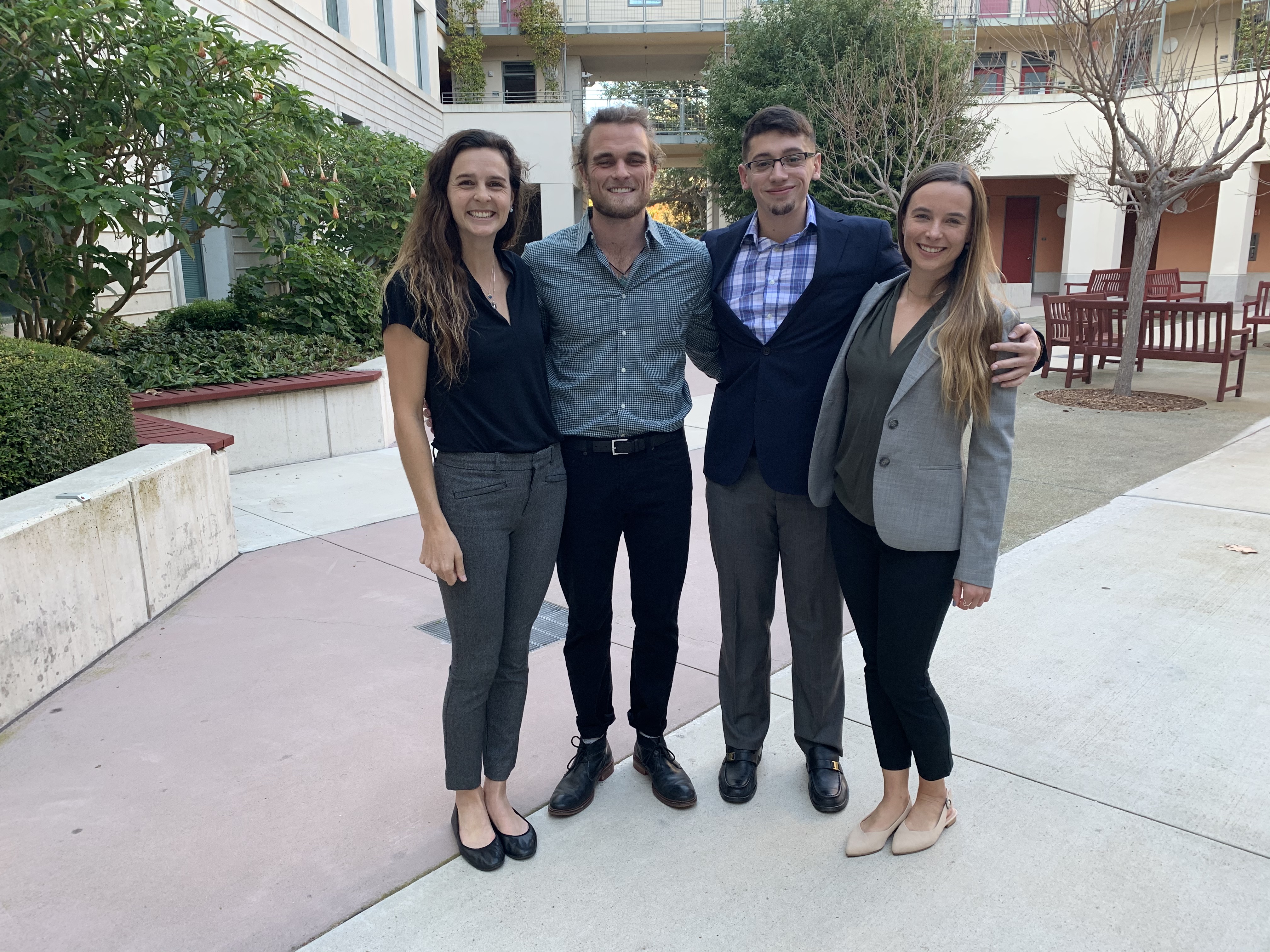Evaluating and Improving the Ability of an Adaptive Management Framework (FISHE) to Identify and Resolve Fishery Management Challenges related to Climate Change
Project Proposal
Final Presentation
Final Report
Brief
Poster

Fisheries are a major component of the global economy, providing a livelihood and sustenance for billions of people worldwide. Over half of the global fish catch comes from small, local fisheries, primarily located in developing countries. Despite their immense value, these fisheries lack the appropriate data to use conventional methods for analyzing the health of their fishery. In these situations, known as “data-limited fisheries”, managers often struggle to make informed and sustainable decisions. Furthermore, climate change is now adding to the challenges of fisheries management by driving shifts in the ranges of fish stocks, altering the rates at which fish grow and reproduce, and affecting food and habitat availability. These different impacts can be positive for some species in some locations and negative for others. Failing to recognize these changes and include them in decision-making may lead to poor choices with serious economic and environmental implications. To aid decision making in data-limited fisheries, the Environmental Defense Fund (EDF) developed the Framework for Integrated Stock and Habitat Evaluation (FISHE). FISHE provides scientific guidance for the management of fisheries with minimal resources, however it was not designed to explicitly account for the effects of climate change.
This project examined if FISHE would continue to provide sound guidance to data-limited fishery managers given the influences of global climate change on fish. This work gives EDF a location-adaptive process to analyze how FISHE can best be utilized to improve fishery outcomes in the face of global climate change.